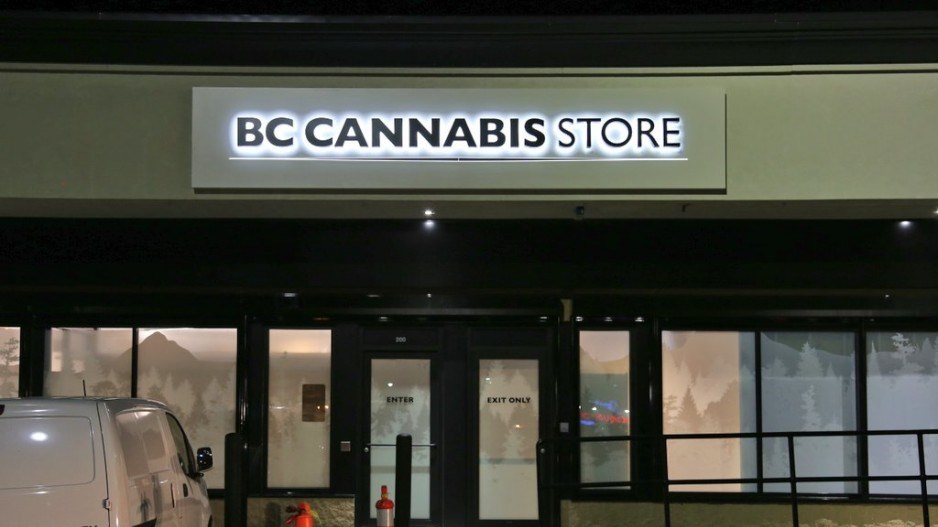The B.C. government has dramatically reduced its expectations for how much revenue it will generate from cannabis sales during the current fiscal year.
Last February, the B.C. government said that it expected to generate $50 million in revenue from cannabis sales in the 2018-19 fiscal year. It then forecast that in the 2019-2020 and 2020-21 fiscal years it would generate $75 million per year.
The most recent numbers for the 2018-19 fiscal year, released February 19, show that the government no longer breaks out cannabis revenue as a separate line item.
Instead, for the 2018-19 fiscal year, it has combined projected revenue from cannabis excise taxes with revenue from federal payments under what it calls Disaster Financial Assistance Arrangements.
Had those two categories been combined a year ago, the government would have anticipated $70 million in revenue. The current revision shows that the government expects in the current fiscal year to only generate $17 million from those two categories – or $53 million less than had been expected.
No projections for cannabis revenue were given for the 2019-20, or the 2020-21 fiscal years.
Legal cannabis sales launched on October 17, 2018, which was later than the B.C. government likely anticipated a year ago. So far, there is only one government store in the province – in Kamloops. There are also 12 private cannabis stores that have been approved by the province to operate. Three of those are in Metro Vancouver, with each of those in the city of Vancouver: Evergreen Cannabis Society on West 4th Avenue; City Cannabis Co. on Robson Street; and City Cannabis Co. on Fraser Street.
Provinces are in charge of retailing cannabis and sales all include a 10% federal excise tax. Money raised from that 10% excise tax is split, with the federal government taking 25% and the remainder going to the provinces, with each province getting tax revenue that came from sales in its jurisdiction.
The federal government in 2017 projected that the tax would bring in $400 million per year, and it capped the amount of money that it will take annually from the tax at $100 million.
That means that any tax revenue generated above that $400 million threshold is returned to the province from which it was generated.
The 2016 census found that B.C. has 4,648,055 residents, or about 13.2% of the Canadian population. British Columbians, however, consume cannabis more than the Canadian per-capita average, according to government surveys.
For more on B.C. budget news, click here.




